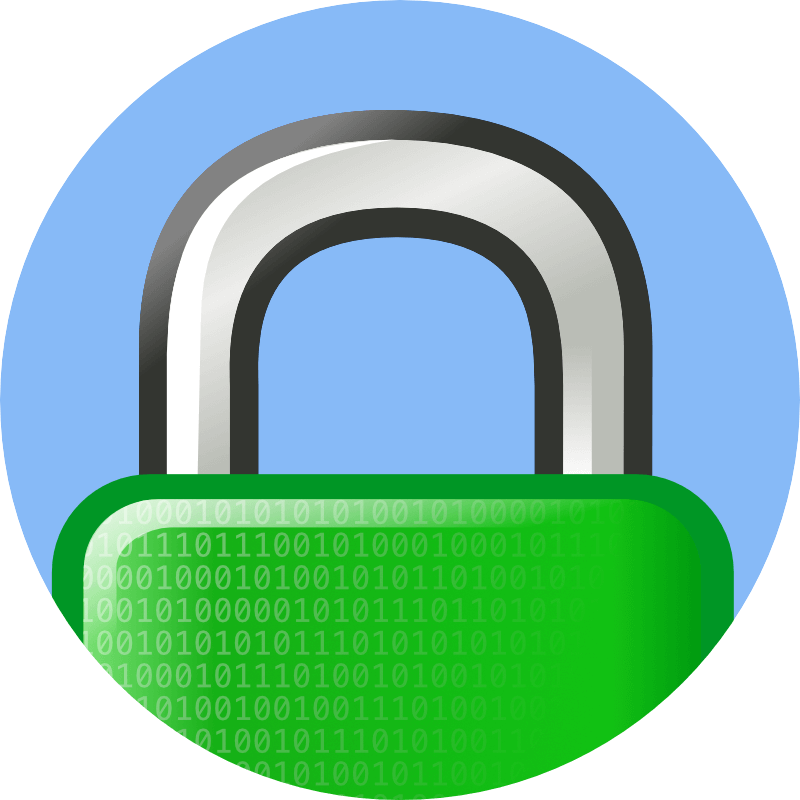The Caddy web server is an open-source, HTTP/2-enabled web server written in Go. It is known for its simplicity, efficiency, and portability.
Caddy’s modular architecture allows for extensibility through plugins, empowering users to incorporate specific functionalities when needed. This versatility positions Caddy as a suitable option for diverse web hosting requirements.

Price Calculator
Data Centers Around the Globe

Frequently Asked Questions
Here are the general system requirements for deploying Caddy:
Operating Systems:
Linux: Widely supported, including Ubuntu, Debian, Red Hat, CentOS, Fedora, Arch Linux, and more.
macOS: Supported natively.
Windows: Supported, but with certain limitations and potential for reduced performance.
FreeBSD and other Unix-like systems: Generally supported, but might require additional configuration.
Hardware:
CPU: 1 GHz or faster (2 GHz+ recommended for high traffic).
RAM: 512 MB minimum (1 GB+ recommended, especially for complex configurations or add-ons).
Disk Space: 50 MB for installation, plus additional space for logs and configuration files (typically a few hundred MB).
Network Interface: Standard Ethernet or wireless adapter.
Software:
Go language runtime: Version 1.15 or later (usually installed automatically during Caddy installation).
Package manager: Appropriate for your OS (apt, yum, pacman, etc.) to install Caddy from repositories.
For more detailed information, refer to the Caddy documentation.
Caddy’s versatility shines in many situations, but here are some of its most common use cases:
1. Web server
2. Reverse proxy
3. File server
4. Load balancing
5. Web application gateway
6. Static content caching
7. DNS server
8. Automatic HTTPS
9. Custom configuration
10. Microservices architecture.
Caddy’s unique features and ease of use attract many, but depending on your specific needs, some popular alternatives offer distinct advantages:
1. NGINX:
Advantages: High performance and scalability, mature and widely supported, extensive module library, robust community.
Disadvantages: Less user-friendly configuration than Caddy, requires manual HTTPS setup, limited automatic features.
2. Apache HTTP Server:
Advantages: Proven reliability and stability, vast resource availability and documentation, extensive module ecosystem.
Disadvantages: Less performant than NGINX or Caddy, resource-intensive at scale, complex configuration for beginners.
3. Traefik:
Advantages: Modern reverse proxy and dynamic service discovery, container-friendly and lightweight, easy configuration with YAML or Docker labels.
Disadvantages: Not a full web server like Caddy, limited static content serving, smaller community compared to NGINX or Apache.
4. HAProxy:
Advantages: Primarily a load balancer, highly scalable and efficient, robust for high-traffic scenarios.
Disadvantages: Not a full web server like Caddy, limited static content serving, complex configuration for beginners.
5. OpenLiteSpeed (OLS):
Advantages: Open-source alternative to LiteSpeed Web Server, inherits performance and features, free to use, growing community.
Disadvantages: Less stable than Caddy, smaller community compared to NGINX, limited commercial support.
Caddy, as a web server and reverse proxy, does not have its own query language. Instead, it uses a configuration file known as the Caddyfile to define its behavior. The Caddyfile is a simple and human-readable text file that allows users to specify how Caddy should handle incoming requests, manage TLS certificates, and configure various features.
The syntax of the Caddyfile is designed to be intuitive and easy to understand. It consists of directives and their corresponding parameters, organized in a block-based structure.
Here’s why Kamatera stands out as the most compelling option for Caddy hosting:
Cutting-edge hardware: Kamatera leverages Intel Xeon Platinum processors and NVMe SSD storage, guaranteeing exceptional performance for your solution.
Global network reach: With data centers strategically located across four continents, Kamatera provides low-latency access to your server, regardless of your users’ geographical locations. This minimizes lag and ensures consistent performance for geographically distributed teams.
Elastic infrastructure: Kamatera’s infrastructure seamlessly scales to accommodate your growing needs. You can easily add or remove resources on-demand, without downtime or performance bottlenecks.
Industry-leading security measures: Kamatera prioritizes security by implementing data encryption, access control mechanisms, vulnerability scanning, and compliance with industry standards like PCI DSS and SOC 2.
24/7 Support: Kamatera’s dedicated support team is available 24/7 to assist you with any questions or issues you may encounter with your Caddy hosting.

















